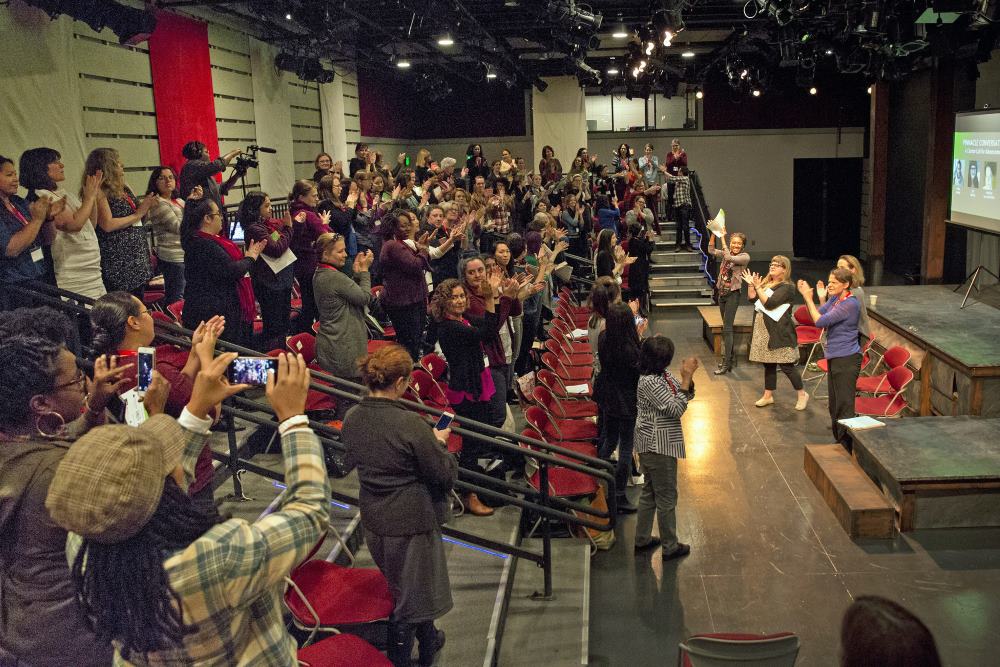In 2016, the Wellesley Centers for Women, in partnership with American Conservatory Theater in San Francisco, released the findings of its Women’s Leadership in Resident Theaters study. It found that women and people of color were severely underrepresented in leadership positions in League of Resident Theatres companies (which comprise some of the biggest theatres in the country). Inspired by that study, WAM Theatre in Lenox, Mass., hosted the inaugural Berkshire Leadership Summit, Oct. 27-29, a gathering for women aspiring to lead, or already running, theatres. Around 83 women were in attendance. As part of American Theatre’s ongoing coverage on the sea change of leadership transitions around the country, we invited three attendees to share their takeaways from the weekend, and their hopes for the future.
Overcoming Imposter Syndrome
BY ABIGAIL PAÑARES
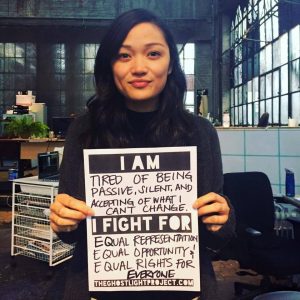
“Show of hands. How many people started their own scrappy theatre company with their friends from college?” asked Hana Sharif, associate artistic director of Baltimore Center Stage, during a plenary session at the Berkshire Leadership Summit. Half the room raised their hands. “That’s my story too,” she said. I laughed in recognition, because that is also how I started, and managing that company is still how I choose to spend my free time.
While attending the University of California, Berkeley, I was a member of Theatre Rice!, the school’s Asian-American theatre troupe. We would crash classrooms and borrow benches from hallways for our shows so frequently that the administration started screwing them to the floor.
So we would get screwdrivers and take the benches again.
When the group disbanded in 2015, I started BAD REP with fellow alums to give Asian-American artists a space to create and perform.
The idea that Sharif, a trailblazer for women and women of color in the field in her early years, had done something similar comforted me. Similar stories were shared throughout the Summit weekend, among a group that included trans women, queer women, gender-nonconforming folks, and women from a variety of racial backgrounds, socioeconomic levels, and professional experience levels. Moments of joy, imposter syndrome, and frustration with the glass ceiling in leadership were shared in breakout sessions, at panels, and over coffee.
I was lucky to have witnessed the moments leading up to the Summit up close. In 2013 I held a development fellowship at American Conservatory Theater. I had no knowledge of the industry, just a strong desire to be close to the art I loved. That was the same year ACT artistic director Carey Perloff and former executive director Ellen Richard commissioned the Wellesley Centers for Women to do a study on gender parity in theatre leadership.
Even after having worked for three years—and holding positions such as the donor stewardship and special events coordinator and individual giving manager—my initial lack of experience fed my insecurities. No matter how hard I worked, I couldn’t shake the feeling that I was unworthy of the positions I held.
In 2016 I attended the Women’s Leadership Convening which presented the findings of the study. At that point, I had accepted a position as the individual giving manager at Z Space in San Francisco, a theatre dedicated to new work. Appropriately angry at the findings (there was just one artistic director in the LORT system who was a woman of color, and none in executive leadership), and invigorated by my interactions with the women at the convening, I approached this new position with high hopes and a head full of ideas of what I could build.
A year later (really, an election year later), I was tired. The organization, the fundraising landscape, and the climate in which we made art had changed dramatically in a matter of months. There was never a shortage of good ideas, just the bandwidth and funds to execute them. I went into the Summit, then, in search of mentorship and insight on funding.
Artists Akiba Abaka, Rachel Fink, Shafer Mazow, and Kristen van Ginhoven made up the BLS Steering Committee, and began the weekend stating why they were spearheading the Summit: to connect female leaders, provide tools for advancement, create opportunities, and help make gender diversity a reality.
They created an environment where attendees could express themselves authentically and free of tone policing. Attendees did not shy away from the uncomfortable questions, and controversy was embraced. Intersectionality was brought to the forefront of many conversations. The distinct difference between these discussions and others I’d heard outside of these spaces was the conscious decision in this case for all of us to make space for each other. Instead of approaching allyship as a kind of status, it was understood that being a true ally was a process, one of listening, learning, not expecting anyone to explain their oppression to you, and acknowledging the pain in others and the privilege you hold.
The Summit was the first time I was surrounded by theatre professionals who are women of color. Some shared my feelings of needing to work twice as hard to validate holding their positions. They encouraged me to speak up, to be honest about what I wanted, to not wait for someone else to say what was in my heart, and to hold the door open for others like me. I didn’t realize how much I needed that until it finally happened. And I’m prepared to do the same for others from wherever I am. It’s small, but change always starts that way.
Abigail Pañares is the individual giving manager at Z Space in San Francisco. She is also a producer and founder of BAD REP Theatre, an Asian-American performing arts group in based in Berkeley, Calif.
Breaking the Vase
BY DEANNA DOWNES
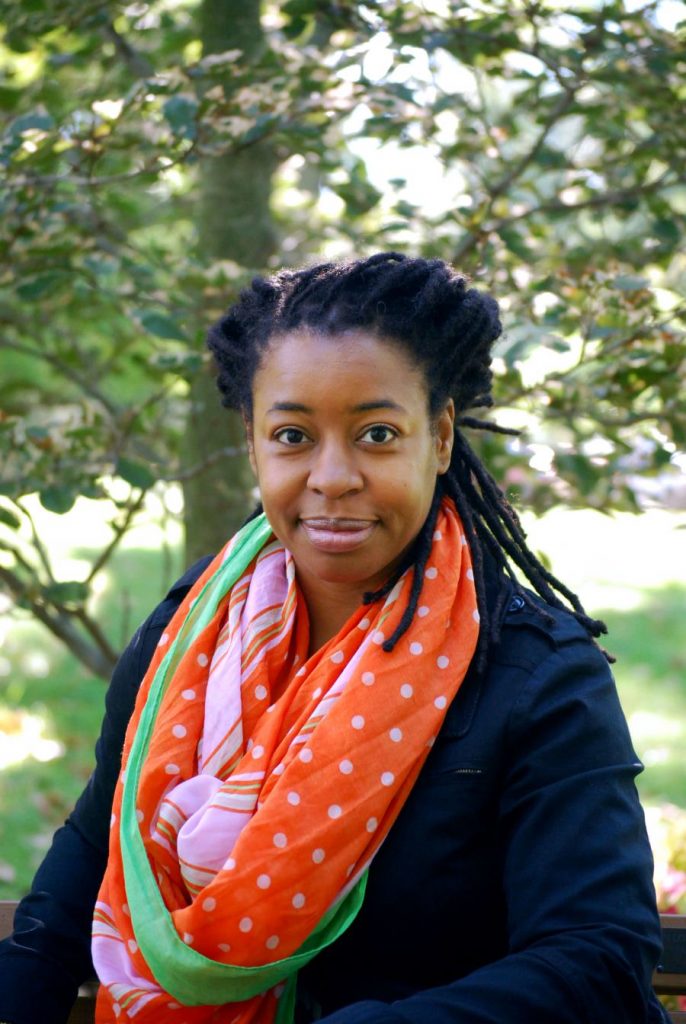
Here are a few events for readers to consider as I write this reflection on my experience at the Berkshire Leadership Summit:
1) I’m an East Coast gal who recently began a professorship at Coe College in the Midwest.
2) The bottom had recently fallen out of a promised leadership position at a small but prominent black theatre.
I entered the Berkshire Leadership Summit at once full and exhausted. I was now midcareer, or so they boxed me. The term “midcareer” seemed to require a moment of reflection on my career path thus far: Was I now accomplished? Had I “made it”? Was this path worth my continued pursuit? The Summit offered small sessions on finance, board governance, and capital campaigns, which—at the time of my application—I had hoped to use immediately in the aforementioned theatre leadership position.
When that opportunity dissolved, I pondered whether my theatre career was now to be labeled invalid because I had not garnered the spotlight of a LORT theatre appointment, production, etc. My work had been and continues to be situated in the margins of American theatre: as a dramaturg and director developing new work by women playwrights of color, facilitating in-home play readings with members of the community reading work from queer, black female playwrights from the early 20th century; and as a consultant generating innovative practices rooted in using theatre to reach, be used by, and tell the stories of those traditionally underrepresented on the American stage.
My work outside of LORT recognition created an instant bond with my fellow attendees—women who are also devoting their lives to making theatre in the margins and for multiple types of audiences, and who like me are working to expound their definition of what constitutes theatremaking, and the community that theatremaking is for. In my new professorship, I am seeing the path to a career in theatre laid out so clearly for students—a path that holds up the golden carrot of LORT employment as the sole reward. There are so many paths to a creatively generative life in the theatre, and at the Summit some of those whom I call warrior women shared their practices with me.
These practices particularly aligned with another influential performance artist’s work, which I experienced after leaving the Summit and before writing this reflection. Dread Scott’s “Burning the U.S. Constitution” was inspired by Ai Weiwei’s “Dropping a Han Dynasty Urn,” which comprises three photos showing Ai dropping the aforementioned urn, representing the need to break old culture to build something new. In his own series of three photos, Scott is seen burning a copy of the Constitution.
The large plenary session at the Summit, where the findings of the Wellesley Women’s Center study were presented, turned the conversation of the Summit to what efforts need to be made, in board governance and board education, to diversify LORT, which is experiencing an unprecedented shift as multiple theatres seek new leadership at the same time or within years of each other. Now is an opportunity to “break the vase,” “burn the constitution,” stop the cultural cycle of patriarchy, sexism, racism, and ableism that has long reigned in the LORT system. It’s an opportunity to build something new, using the tools that have been honed in the margins.
The women I met have been doing something new, building a system that works and has enabled them to create for years. And at this Summit we began to share our stories and our experiences. It is my belief that at the next Summit, our gathering could center around finding and experimenting with new models of sustainable and inclusive theatremaking that meets the needs of our communities as well as the folks who create it.
Maybe we don’t need a LORT anymore; maybe we are on the brink of something spectacularly new. As Martha Richards told me in a one-on-one conversation: “We need a new WPA.” And I think its design can be birthed at future leadership summits, among women making theatre in the margins.
I am thankful to the members of the Summit’s steering committee who gave up sleep, and probably a bit of their work/life balance, to facilitate this event. It was priceless and I feel, only the beginning.
Deanna Downes, Ph.D., is a creative consultant, director, dramaturg, and professor reimagining process, production, and performance arts for, by, with, and in community.
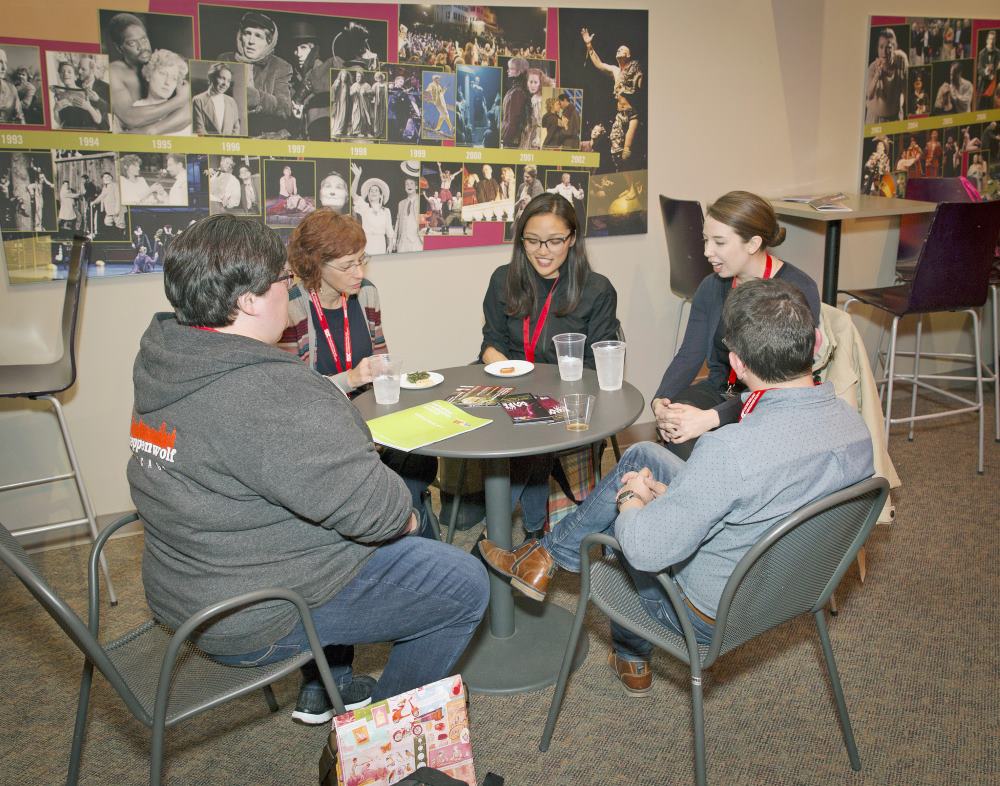
Then and Now
BY MARTHA RICHARDS
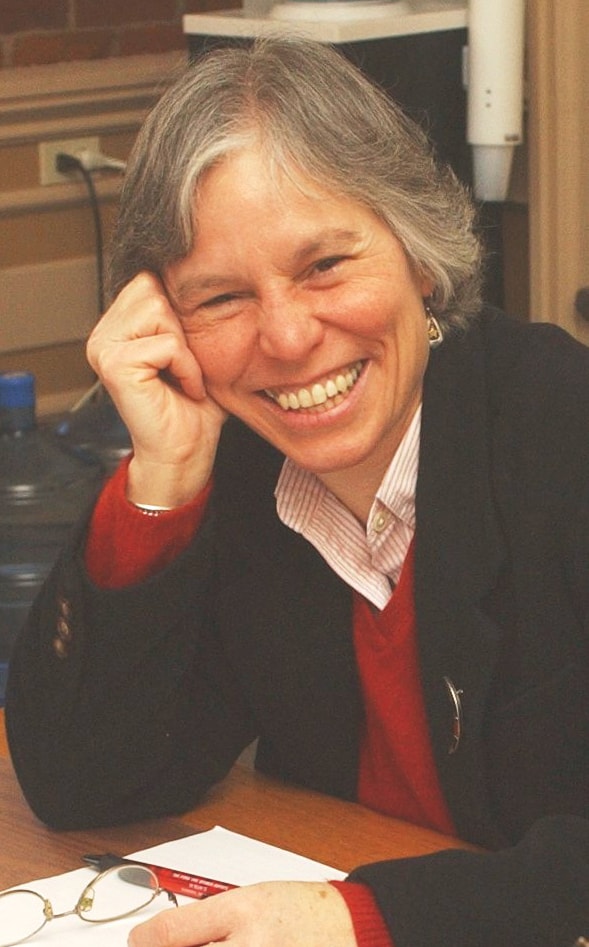
When I think back on my weekend at Berkshire Leadership Summit, what reverberates in my mind is BLS steering committee member Shafer Mazow’s opening remarks on the first day. He commented that even though his physical appearance had changed when he became a trans man, he had navigated the world as a woman for 46 of his 48 years. Because of that, his sensibility had been shaped by his experiences as a woman. The attitudes he had learned as a woman did not suddenly disappear when his body changed.
Shafer’s comments made me think about my own physical transformation a generation earlier. As a young woman, I was told by bosses and board members that I needed to look more feminine if I wanted to be promoted. Over the period of about three years in the early 1980s, I got my ears pierced, started wearing makeup, and shifted from wearing pants and sensible shoes every day to skirts and heels.
That was enough to get me promoted to the executive director position at the college performing arts center where I was working, but I still could not get a regional theatre job. I was overweight, and after a few interviews it became clear to me that I would not get a top job in a regional theatre unless I got thinner. Over the course of the next year, I lost 50 pounds. I looked so different from my younger self that my own mother had trouble recognizing me.
A few months after I hit my target weight, I was finally hired as the managing director of StageWest, a LORT theatre in Springfield, Mass., a city where no one knew what I had looked like before. I got my dream job, and everyone was nice to me, but I was always wondering what they would have thought if they had met the younger, heavier, “real” me.
I think for many women like me, success in the regional theatre world can be bittersweet. We love making theatre and it is great to get the jobs that pay well, but once we have those jobs, we often find ourselves struggling to fit into institutional cultures that are not designed for us. Many of us are navigating our jobs with sensibilities that we hide or keep in check—whether they involve our body image, race, class, sexuality, religion, or age. Since straight white men are still “the norm” for regional theatre leaders, it is hard for the rest of us to disengage from that stereotype and build our careers on our own terms.
As I listened to the comments about the need to put women, especially women of color, into some of the currently vacant top regional theatre jobs, I was thinking that it’s not enough to help the women get hired; we need to find ways to help them feel comfortable enough to do their best creative work in those jobs.
The new women leaders will need sounding boards and support systems when they have to make tough decisions or face down a board member. We should be thinking about ways to put those in place. Maybe we need to create a buddy system where new leaders are paired with strong women at other theatres or in other fields. Or maybe we need to put more effort into persuading strong feminist women to serve on the boards of our major theatre companies so that they can support the new leaders. I am sure we can come up with some great ideas if we focus our attention on this problem.
Martha Richards is the founder and executive director of WomenArts. Previously she served as the executive director of Brooklyn Center for the Performing Arts at Brooklyn College in New York, and as the managing director at StageWest in Massachusetts.

